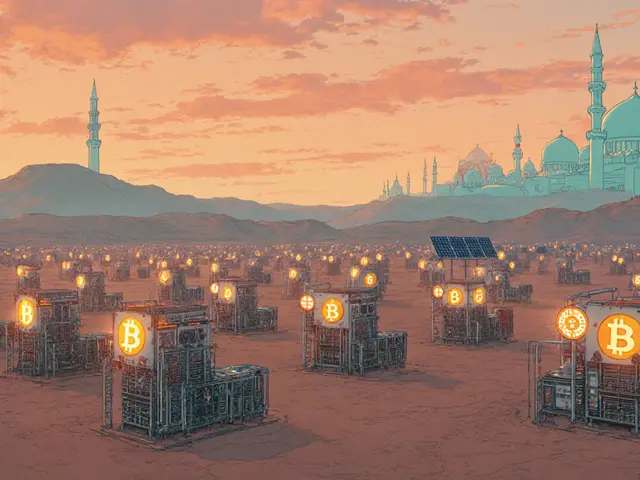Crypto Sanctions Evasion: How Traders Bypass Restrictions and What It Really Means
When we talk about crypto sanctions evasion, the use of cryptocurrencies to circumvent government financial restrictions imposed on individuals, entities, or countries. Also known as crypto sanctions circumvention, it’s not science fiction—it’s happening right now, often through decentralized exchanges, privacy tools, and cross-border wallet transfers. This isn’t about everyday investors buying Bitcoin. It’s about state actors, sanctioned businesses, and individuals using crypto’s pseudonymity to move money where banks can’t—or won’t—follow.
It’s closely tied to EU sanctions, a set of financial restrictions enforced by the European Union against specific nations, organizations, or people involved in aggression, human rights abuses, or weapons proliferation. The EU’s MiCA and TFR regulations aim to bring crypto under the same scrutiny as traditional finance, but enforcement is messy. Meanwhile, crypto regulations, the legal frameworks countries use to monitor, tax, and restrict digital asset activity. vary wildly—from strict bans in India to loose oversight in some small nations. This patchwork creates gaps bad actors exploit.
Tools like VPNs, mixers, and chain-hopping between blockchains are common tactics. Iranian traders use VPNs to access banned platforms. North Korean hackers launder crypto through decentralized bridges. Even legitimate users in sanctioned regions sometimes have no choice but to turn to crypto for food, medicine, or payroll. The line between survival and evasion is thin—and regulators are catching on. The financial crime, illegal activities involving money, including money laundering, terrorist financing, and sanctions violations. angle is why exchanges like Bitget and Binance now require KYC even for small trades. It’s not about control—it’s about staying open for business.
What you’ll find below are real case studies and breakdowns of platforms caught in the crosshairs. From reviews of obscure exchanges that disappeared after sanctions alerts, to guides on how compliance tools like CARF and DORA are reshaping who can trade what and when—you’ll see how crypto’s freedom is being reshaped by law, not just technology. This isn’t theoretical. It’s affecting wallets, accounts, and entire markets right now.
19
Cross-Border Crypto Payments in Russia: How New Bitcoin Regulations Are Reshaping Trade
Russia now allows Bitcoin and crypto for cross-border trade under strict pilot rules, bypassing Western sanctions while banning domestic use. Learn how companies use crypto to move trillions of rubles - and why ordinary Russians still can't.
9
How Iran Uses Bitcoin Mining to Bypass International Sanctions
Iran uses its cheap energy and state-backed infrastructure to mine Bitcoin at scale, bypassing international sanctions by converting electricity into hard currency without relying on Western banks or payment systems.
Latest Posts
Popular Posts
Tags
- decentralized exchange
- crypto exchange
- crypto exchange review
- cryptocurrency
- crypto airdrop 2025
- CoinMarketCap airdrop
- blockchain
- meme cryptocurrency
- GENIUS Act
- cryptocurrency compliance
- crypto airdrop
- meme coin
- crypto trading
- fake crypto exchange
- Solana meme coin
- cryptocurrency valuation
- Binance Smart Chain
- underground crypto Nepal
- crypto airdrop guide
- crypto staking





